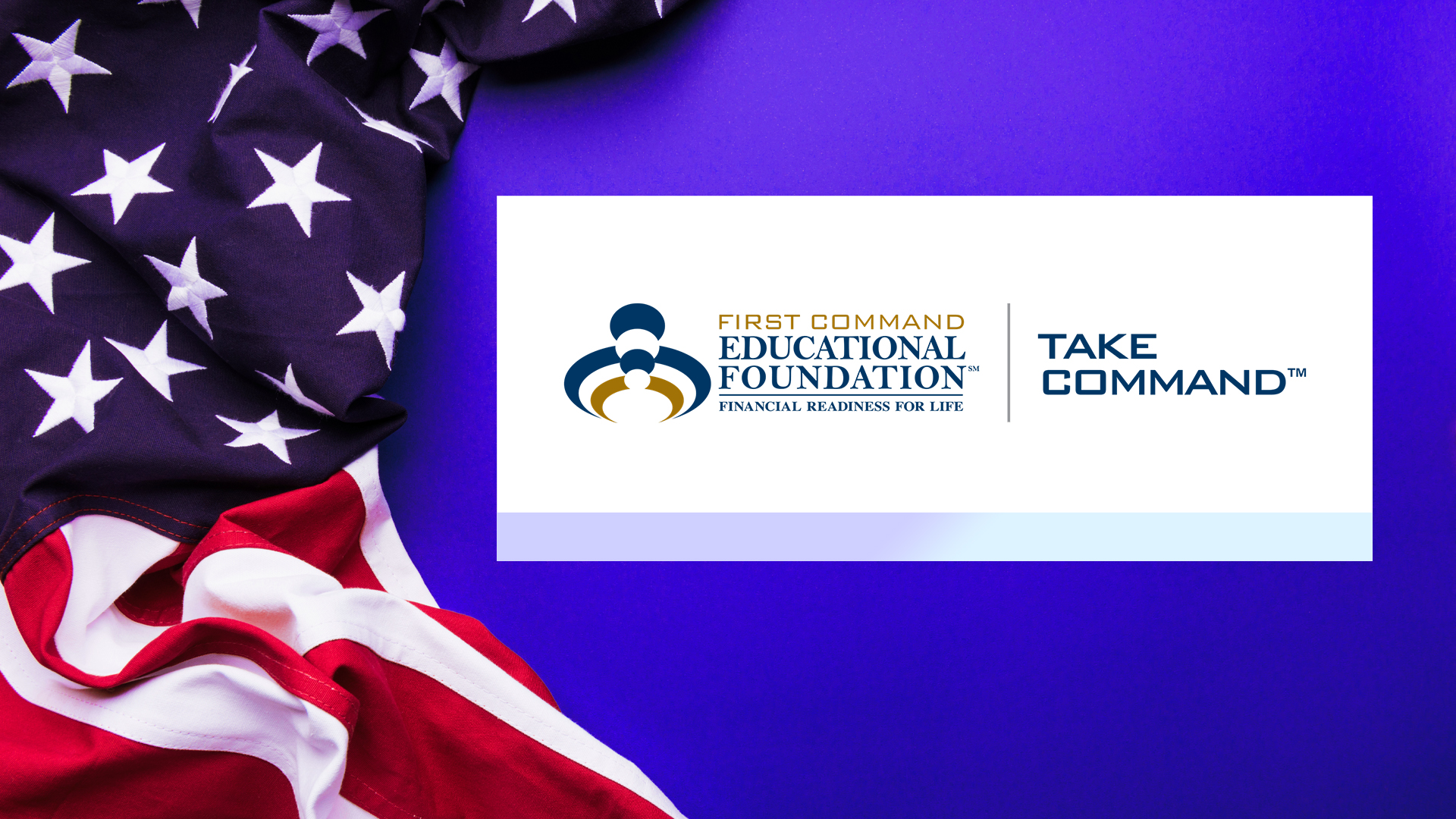Retirement Planning News
Ask the Retirement Expert About Financial Planning & Income: Michael Finke
Ethics In Financial Services Insights
The Fork in the Road for Social Enterprises

Published: Brown, J. A., Forster, W. R., & Wicks, A. C. The Fork in the Road for Social Enterprises: Leveraging Moral Imagination for Long-Term Stakeholder Support. Entrepreneurship Theory and Practice, DOI 10422587211041485 (in 2021); in print ET&P, 2023, 47(1), 91-112 (2023).
This manuscript was accepted for a special issue on stakeholder theory and entrepreneurship. It went online September 20, 2021, and in print in 2022/23. Entrepreneurship Theory and Practice (ET&P) is considered a top, AJG-4 rated journal,1 applied to journals that “publish the most original and best-executed research.”2 It has a five-year impact factor of 14.105. The paper has been downloaded over 1000 times as of May 2023. I am lead and corresponding author on the article. In 2022, it won the Best Published Paper Award at the annual International Association of Business & Society (IABS) conference—an international conference and institution dedicated to research and teaching about the relationships between business, government and society.
This article was motivated by reading about the popular philanthropic shoe company, the TOMS company. Founder Blake Mycoskie introduced a “one-for-one” business model, where he promised that for every purchase of shoes, the company would give away a pair of shoes to some needy child or person. The initial response from customers was highly supportive, but less than five years from its formation, the company found itself subject to a firestorm of critique from disillusioned observers who accused the company of being more focused on getting consumer dollars than making a tangible impact through their social mission. The cause of the criticism was associated mainly with TOMS’s failure to create opportunities for needy communities to better themselves. TOMS was accused of making people in developing countries dependent on the goodwill of others, in addition to preventing local markets from thriving.
Hence, my co-authors and I decided to unpack the issues that left TOMS (at least temporarily) on the bad side of its stakeholders. We were left wondering, what are the key factors for social enterprises (SEs) like TOMS that enable a company to sustain the support of their stakeholders beyond their nascent stage? Put another way, how can SEs capture positive social judgments and avoid a loss of moral legitimacy and stakeholder support, as happened in the TOMS case? And finally, what aspects of stakeholder theory are most relevant to social entrepreneurs in their quest to create and sustain long-term value creation?
To answer these questions, we develop a conceptual process model and testable propositions that have both theoretical and practical significance. The model shows that after SEs secure the support of primary stakeholders like financiers, suppliers and customers, they then face a “fork in the road” where they are assessed for social impact. If they continue their focus on primary stakeholders to the exclusion of secondary stakeholders like communities, they risk losing the moral legitimacy of both their primary and secondary stakeholders, which will ultimately cause their failure (i.e. they end up on the “low road”). However, our model shows how social entrepreneurs and their enterprises can leverage their moral imagination---the ability to understand the activities of business from a number of perspectives---to affect the ways their stakeholders envision their legitimacy (i.e. they end up on the “high road”). They can do this: 1) in broadening stakeholder awareness and engagement, 2) in empathizing with secondary stakeholders, and 3) in establishing microsocial norms. Thankfully, TOMS became aware of broader stakeholder concerns and chose to engage with both primary and secondary stakeholders, using moral imagination to regroup and take ‘the high road’. In sum, our manuscript provides a nuanced stakeholder lens that identifies factors critical to the longevity of SE businesses.
I use the TOMs case study and my developed process model in my current graduate classes, in executive education and in my pro bono ethics/stakeholder training for compliance professionals. There is a message for social entrepreneurs in the need to pay attention to secondary stakeholders, and I find that it is received well by leaders across all stages of entrepreneurship.
In sum, this article has been recognized by a highly regarded journal and is beginning to contribute to the advancement and refinement of stakeholder theory and social entrepreneurship.
About The College Insights
Military Support Organization of the Month: MFAA

With a motto of “military veterans and spouses serving military and veteran families,” the MFAA’s qualifications and standards exceed those of most financial services organizations—but more importantly, they know the life. You don’t need to explain what SBP (Survivor Benefit Program) and BAH (Basic Housing Allowance) mean to them. They already know.
Andrea Clark, CFP®, AFC®, one of the founders of MFAA, has a special connection to The College. She is a previous scholarship recipient from the American College Center for Military and Veterans Affairs, having been awarded one by The College to pursue the CFP® Certification Education Program around the time her husband retired from the military. Along with several other Center of Military and Veterans Affairs scholars, Andrea went on to found MFAA: a non-profit professional association of independent financial planning experts specializing in financial advice and planning services for military and veteran families.
MFAA realizes the military community has long been overlooked by financial planners, and there is now a greater need than anyone in the industry can possibly satisfy on their own. They believe that only by working together can we all accomplish our objective of providing military and veteran families with the highest quality financial advice.
All MFAA members must meet these standards:
- XY Planning Network member in good standing
- Sign a fiduciary oath to act in the best interests of our clients at all times
- Operate as a fee-only financial advisor, meaning that we don’t collect any kinds of commissions or other earnings for the recommendations we make to clients
- Offer a fee structure other than assets under management
- Have no derogatory marks on our records as financial professionals
- Primary focus on providing comprehensive financial planning, not just investment management
- Prior service as a military member or a military spouse
- Committed to continually furthering our education in order to better serve clients
- Own or work at an independent Registered Investment Advisory (RIA), avoiding the issues that may exist among advisors at large broker-dealers or insurance companies
- Have a positive reputation among local professionals in our industry, as membership in MFAA is by invitation only
- Maintain their status as a CFP® professional or a candidate currently pursuing the designation (members may also maintain additional certifications related to financial planning)
Disclaimer: The information provided in this article is intended for general informational purposes only. It should not be considered as financial, legal, investment or other professional advice. Readers should consult with the relevant professionals for specific advice related to their situation.
We are not affiliated, associated, authorized, endorsed by, compensated or in any way officially connected with any other company, agency, or government agency in this article. All product, service and company names are trademarks™ or registered® trademarks of their respective holders. Use of them does not imply any affiliation with or endorsement by them.
Before making any decisions based on the information contained in this article, you are strongly advised to refer to alternative, independent sources of information to substantiate the basis for your decision. It is your sole responsibility to satisfy yourself prior to using the information in any way and to seek appropriate advice before taking or refraining from taking any action in reliance on any information contained in this article.
About The College Insights
Air Force Master Sergeant Expresses Gratitude for WMCP<sup>®</sup> Scholarship

I would like to say thank you and provide a few words to express my gratitude for the WMCP® scholarship.
I’m going to retire from the Air Force next year, and this is going to make my transition out of the military a lot easier. This scholarship is going to afford me the luxury of not waking up and saying, “I need to go into work today,” but waking up and saying, “I get this opportunity to go do something I enjoy today.” For almost two decades I have enjoyed talking about personal finances with those around me, and now the time has come for me to get a formal education in it and to help others meet their own goals.
Again, I’m excited for this next chapter in my life, and this scholarship has helped create this opportunity for me.
Respectfully,
MSgt Steven Ziegler
About The College Insights
The Center Partners with Take Command and First Command Educational Foundation

Take Command is developed and delivered by First Command Educational Foundation, a non-profit group dedicated to improving the financial readiness and economic position of the men and women who protect our country and preserve our freedom.
The Take Command Program is an interactive financial education program for active duty, reserve, and cadets of any branch of the U.S. Military and their spouses or partners. Students who complete the Take Command Program will be eligible to complete a Transfer of Credit through The American College of Financial Services to receive college credit through our consumer financial education courses.
This partnership supports the mission of both First Command Educational Foundation and the American College Center for Military and Veterans Affairs. Through our work together, we aim to provide education in financial readiness and career opportunities to men, women, and their spouses who have honorably served.
Ethics In Financial Services Insights
Can You Tell the Difference Between Acceptable Networking and Wrongful Hiring Practices?

Prudential PLC’s CFO resigned earlier this year because of an investigation into a code of conduct violation. A recent WSJ article reveals that the breach was in connection with the CFO’s efforts to help the son of an insurance regulator in Hong Kong, who had approached him about a potential job opportunity.
The regulator led the Insurance Authority of Hong Kong’s oversight of Prudential PLC and other life insurance companies. She too left her job at the Insurance Authority at the termination of her contract this summer. The company has declined to comment on the case to the Journal.
Networking and doing informational interviews are the norm in business for job seekers. It’s an understandable approach to recruitment, as hiring managers would generally prefer to hire someone that comes with a known reference than one selected at random by an algorithm. But when do relationships cross the line towards nepotism and unethical favoritism?
Conflicts of interest in hiring can be a murky area of ethics for employees. Many believe that using your relationships and networks are critical to finding a good hire. LinkedIn’s top tip for how to get hired by a large company is to develop a strategy to get an internal referral. Reconnect with an old friend, they suggest, or befriend someone who works there.
Yet favoritism and conflicts of interest are among the highest incidents of observed unethical behavior in practice, according to the annual Global Business Ethics Survey (GBES). The Ethics and Compliance Initiative has been administering this research for 20 years. One of their conclusions from the 2023 results is that the observations of all types of misconduct are at an all-time high level, at 63 percent.
Two-thirds of employees around the world indicated that they’ve observed at least one instance of a violation of a company code, policy, or law. Among the top observed misconduct is favoritism among employees, and inappropriate hiring practices.
The discrepancy between the norms of hiring and these survey results may be because of the differing characterizations of conflicts of interest. A common description of a conflict is a circumstance when you or your company benefits at the expense of another person or company – e.g., the company makes money by doing a financial trade that benefits the company but not the client, who suffers a loss. Consistent with this view, when there are decisions that make everyone better off, then it’s not a conflict. Both parties are better off when that decision is made, so it’s a win-win.
An alternate view is that even when both parties benefit, there is a potential conflict of interest when one party stands to benefit and could sway the situation without full disclosure of those influences; or when there are personal relationships involved that could have skewed the decision-making in favor of a third party.
I’ve observed these divergent perspectives when teaching. One case I often use involves an employee who is responsible for hiring company vendors. He’s identified two vendors that are, on paper, equally qualified. In a casual conversation with one vendor, the employee mentions that his wife has a rare cancer and is struggling to find good care. The vendor knows a specialist at the local hospital and can get her to the top of the list for treatment.
The case is designed to heighten the emotional sensitivity of the situation, yet the key takeaway should be that the employee should remove himself from the decision-making process and let someone else lead. Students often resist that recusal is necessary because the employee can make everyone better off. By choosing the vendor who has the relationship with the hospital and helps his wife at the same time, it’s a win-win!
Managing conflicts matters not only because favoritism is unfair to others, but also because it could be an early warning signal for other issues. In 2016, JPMorgan Chase paid a $246 million penalty to settle FCPA charges relating to their referral hiring program in China. Over the seven-year period reviewed, the company retained $100 million in revenues by hiring approximately 100 interns and employees of high-level government officials. These practices seemed to have slid down the slippery slope beyond favoritism to bribery.
Being precise about the definition of a conflict of interest can help thwart potential misperceptions. Prudential PLC said the CFO’s resignation was “in light of an investigation into a code of conduct issue,” according to the WSJ, that was “flagged by Prudential [PLC’s] HR function as a potential conflict of interest.”
Ethics training should also go one step further to provide guidance on conflicts of interest. Many companies provide employees a bonus for referring their friends to the firm. This referral practice is not problematic but when embedded within a goal-oriented, high-paced business culture, employees need clarity to identify the line where banking on personal relationships is indeed a win-win.
Special Needs Planning News
4 Tips to Help Aging Parents Manage Their Finances
Philanthropic Planning News
Philanthropy Resources for Advisors
News
Business-Owner Clients A Top Target Of IRS Auditors, Advisors Say
Retirement Planning News